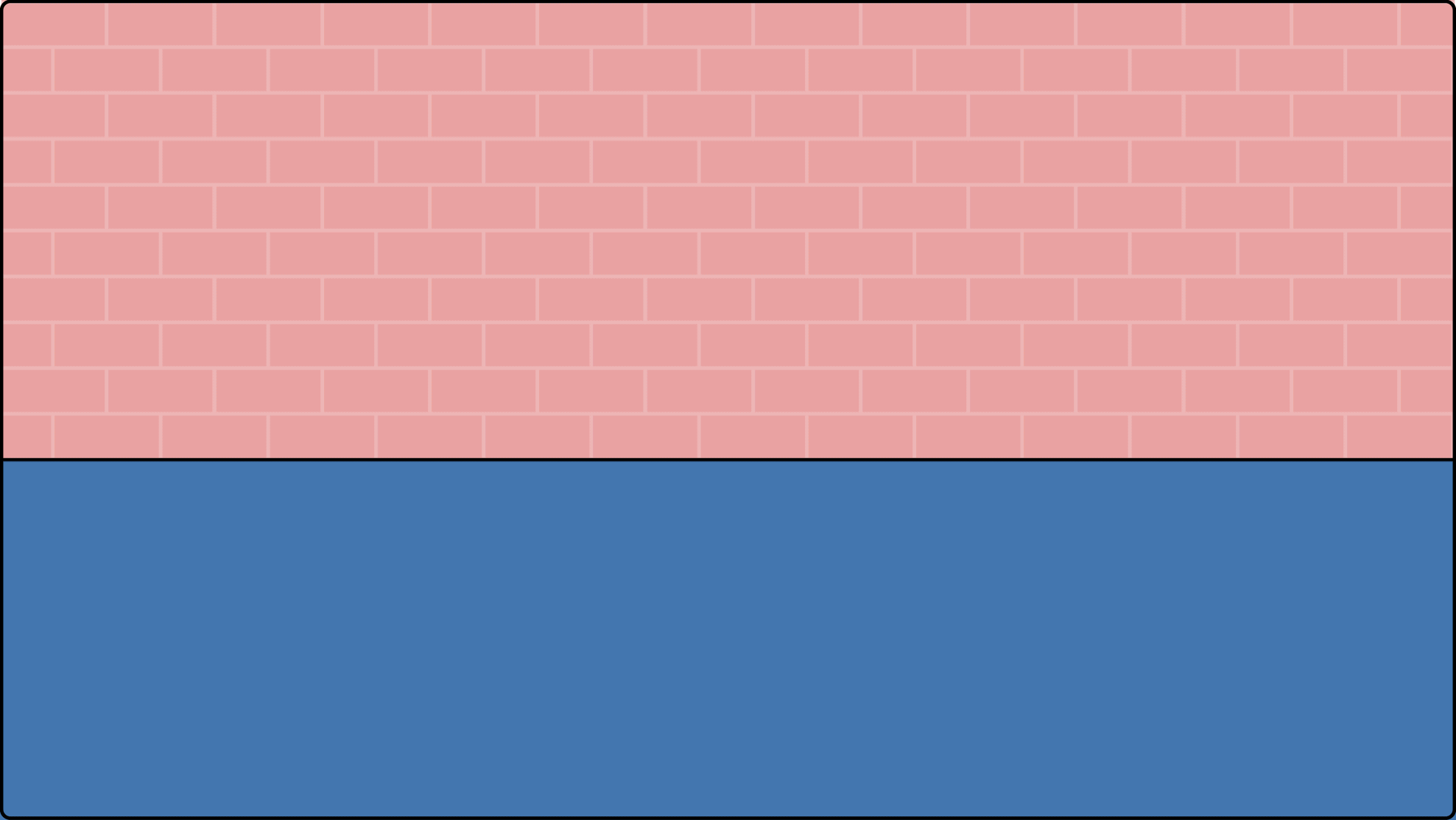A Guide to Conversion on Tablet
A world of stories addressing issues around conversion—what converts give up and what they gain, and what it all means



Over the past decade, Tablet has published dozens of stories about #conversion. We’ve covered notable Jews by choice—from a glamorous movie star to a former Catholic priest—as well as whole communities of converts, from India to Indiana. We’ve explored what the Jewish community gets wrong about welcoming newcomers, and how we can make the process better for everyone. We’ve shared stories about converts around the world: grappling with the legacy of civil war in Colombia, reviving a shattered community in Poland, adopting a new faith in Kenya, finding Jewish community in Montana, bringing together locals and American expats in Mexico.
Many of these are personal stories about #converts from all different backgrounds—from a ballet dancer who performs in drag, to a former convict who found Judaism behind bars, and a writer finally feeling confident enough to call himself a Jewish writer. We’ve covered trends like the Reform movement attracting many LGBTQ+ converts. Several have written firsthand about the process of converting, particularly immersion in the mikvah, and what it meant to them, and how they have overcome feeling insecure. Others have offered their thoughts about what comes afterward: dealing with parents and partners, creating new rituals with in-laws, marking Jewish milestones that they may have missed, and even figuring out how to handle intrusive questions—people say the darnedest things to converts.
Shavuot is, as several Tablet contributors have noted, a particularly meaningful holiday for Jews by choice, thanks to its connections to the Book of Ruth, a biblical tale about conversion. Our Unorthodox podcast has devoted its annual Shavuot episodes to discussing conversion for this reason; the newest episode arrives today, with stories about soldiers in the IDF, rapper Nissim Black, and others. You can also listen to older episodes from the past few years for more personal stories: from a 13-year-old girl in Georgia to a submariner from Australia, from a Pittsburgh resident who was moved to convert after the Tree of Life synagogue shooting to a cancer patient who was moved by her hospital chaplain to convert from Buddhism.
But beyond Shavuot, other Jewish holidays also pose particular quandaries, whether you’re trying to choose the perfect costume for Purim or find a personal connection to the music at a Passover Seder. The High Holidays are a time for spiritual reflection and introspection, and perhaps even more so for those celebrating for the first time, whether you’re attending Kol Nidre services on Yom Kippur or dancing with the Torah on Simchat Torah. And then there are the holidays that people stop observing when they convert; this can mean giving up meaningful rituals that connect you to your culture and family, and letting go of these traditions can be difficult—particularly around a holiday as big as Christmas. Some people try to find a few elements they can bring with them in their Jewish lives, while others prefer to focus on what they’ve gained (i.e., Hanukkah) rather than lost.
Religious rituals don’t end with the Jewish holidays. Converts have written about everything from sitting shmira—guarding the dead—to covering their hair and mourning. But becoming Jewish is about more than religion; it can involve cultural traditions, too—particularly around food, as many Tablet contributors have explained. Some people wrestle with the complicated laws of kashrut, while for others, it’s simply a matter of coming to appreciate unfamiliar food. (We’re talking about gefilte fish or matzo; nobody seems to have a problem appreciating bagels. Well, maybe one person.) Becoming Jewish often involves giving up things you enjoy, or things that have meaning—like bacon or shellfish. But it can also lead to the creation of new recipes that weave together old and new identities. And it’s not always about brisket and chicken soup. You can find Jewish meaning in a bowl of Froot Loops.
Delve into all these stories—and dozens more—on our #conversion page.
From the editors of Tablet Magazine.